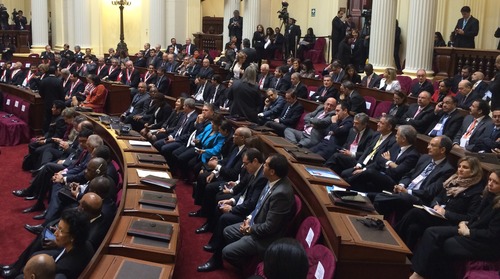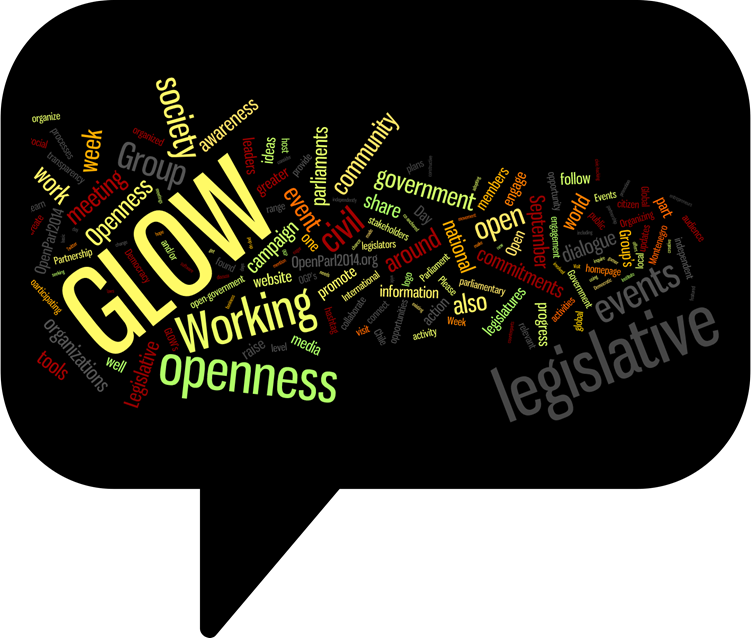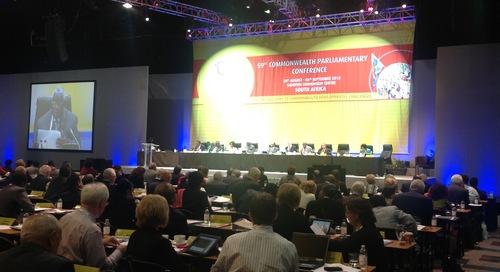In July, the Organization of American States (OAS) convened an Inter-American Meeting of Presidents of Legislative Powers at the National Congress of Peru. The event brought together parliamentary leadership from more than 25 countries in the Americas, and highlighted issues of parliamentary openness and accountability as a major topic of discussion.
The meeting culminated in the endorsement of the Lima Declaration (view it in English or Spanish), which ratified the recommendations of two working tables at the event, including one entitled, Transparency and Accountability in the Role of Parliament: Are there any Open Parliaments?
This working table, one of two highlighted during the event, agreed to a number of principles including the promotion of greater civil society engagement in the legislative process, initiatives for civic education, and the integration of new technologies. Among its specific agreements, it endorsed the civil society-authored Declaration on Parliamentary Openness as a fundamental standard for legislative openness.
 Parliamentary leadership from more than 25 countries convene in the Congress of Peru.
Parliamentary leadership from more than 25 countries convene in the Congress of Peru.
The working table also recognized the work of the Open Government Partnership’s Legislative Openness Working Group (OGP-LOWG) as well as additional key international standards documents like the Santiago Declaration on Transparency and Integrity in Parliaments and Political Parties. (View all of the working table’s agreements in English and Spanish.)
In addition to the working tables, conference participants also had the chance to hear from experts on parliamentary openness and citizen engagement, including Senator Hernán Larraín, representing the Chilean Congress as co-chair of the OGP-LOWG; Cristiano Ferri, director of the e-Democracy project and HackerLab at the Chamber of Deputies of Brazil; and others including Senator Pío García-Escudero Márquez, president of the Senate of Spain.
Read more information on the conference on the OAS’s website.

 Parliamentary leadership from more than 25 countries convene in the Congress of Peru.
Parliamentary leadership from more than 25 countries convene in the Congress of Peru.